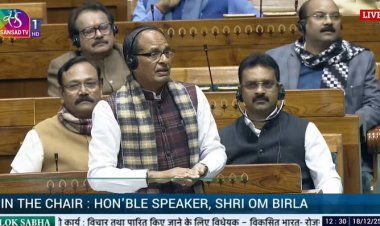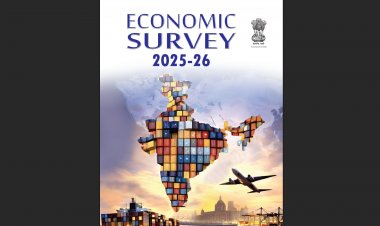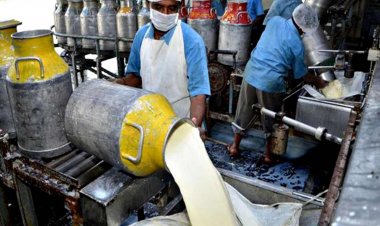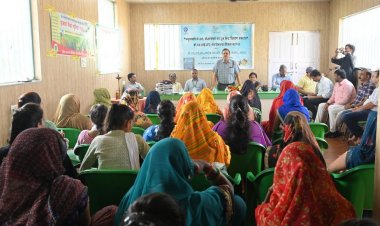At least 23 countries, including India, declared drought emergencies at a national or sub-national level during 2022-23, showed new data from a global drought map compiled by the United Nations, pointing to unprecedented urgency on a planetary scale.
Few, if any, hazards claim more lives, cause more economic loss and affect more sectors of society than drought, the report Global Drought Snapshot highlighted through its data.
As thousands of leaders attend climate change meetings as part of COP28 in the United Arab Emirates, the latest report from the United Nations shows drought-related impacts have reached an "unprecedented emergency" for communities around the globe.
According to the Global Drought Snapshot report, the extreme weather is leading to more economic losses and more fatalities than any other climate pattern, with those who live in low or middle-income countries facing the most peril.
"Unlike other disasters that attract media attention, droughts happen silently, often going unnoticed and failing to provoke an immediate public and political response. This silent devastation perpetuates a cycle of neglect, leaving affected populations to bear the burden in isolation," said UNCCD Executive Secretary Ibrahim Thiaw. "We hope this publication serves as a wake-up call."
The report highlighted instances around the globe of dwindling reservoir levels, a drop in crop production and impacts associated with a lack of precipitation.
"We have no alternative to moving forward in a way that respects the planet’s boundaries and the interdependencies of all forms of life. We need to reach binding global agreements for proactive measures that are to be taken by nations to curtail the spells of drought," the authors of the report stated.
Researchers estimated that 170 million people could experience extreme drought conditions if temperature anomalies rise by 3°C. If the temperature threshold is reached, it would mean accords such as the Paris Agreement failed to keep rising temperatures above the critical threshold of 1.5 °C.
During previous Conference of the Parties gatherings, dozens of countries have signed on to agreements meant to wind down the use of fossil fuels and keep global warming below the crucial temperature thresholds.
The authors highlighted several methods and remedies that could be instituted in order to adapt and minimize potential losses.
Besides reducing CO2 emissions, possible remedies include using drought-resistant crops, replacing agricultural products with sustainable alternatives and investing in land restoration efforts.
A UAE leadership team stated the main focus of COP28 will be to discuss fast-tracking energy transition and slashing emissions before 2030, as well as concentrating on the climate’s impact on nature, people and livelihoods.
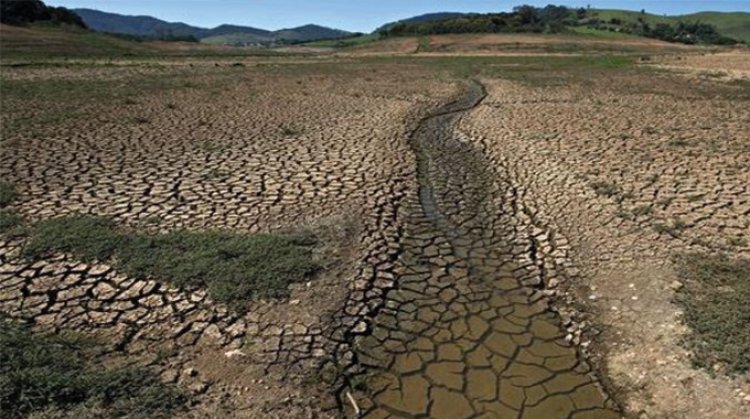



 Join the RuralVoice whatsapp group
Join the RuralVoice whatsapp group




































